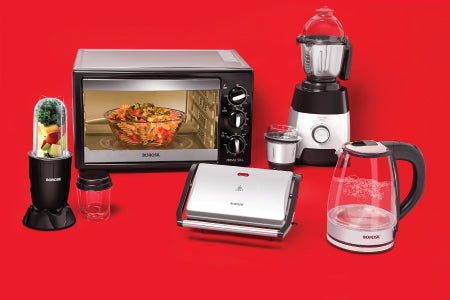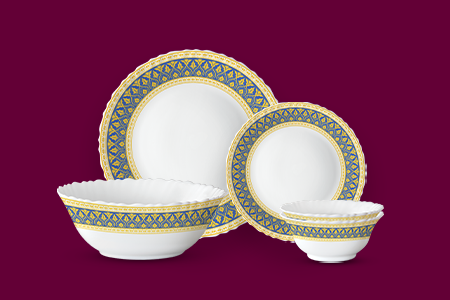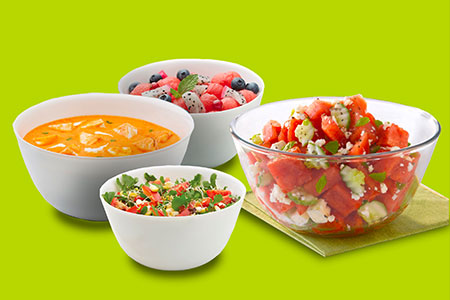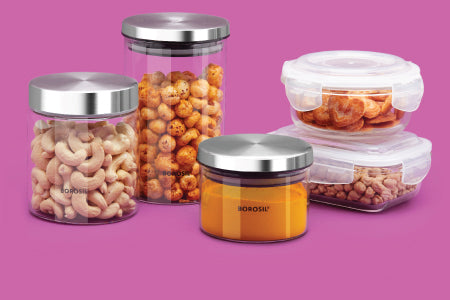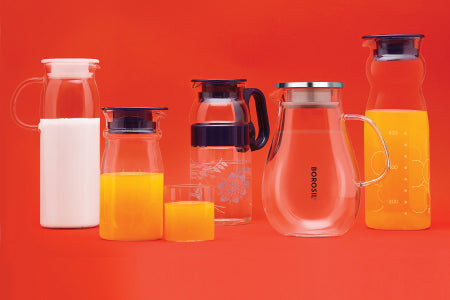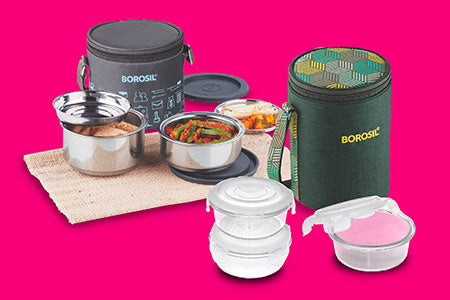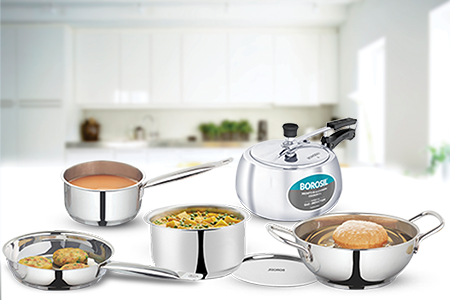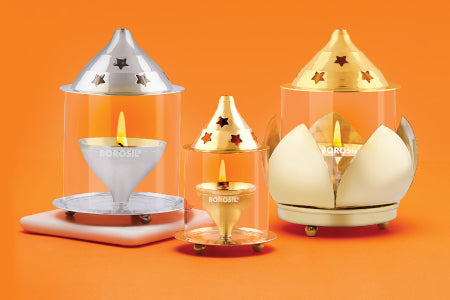
Essential Cooking Techniques And Expert Tips For Every Home Chef
Cooking is an artistic journey, turning raw ingredients into delightful meals for your senses. Mastering techniques empowers you to create confidently. Acquiring essential Indian culinary skills might seem overwhelming initially, but breaking it down simplifies the process. Fundamental methods are versatile tools, streamlining preparation. Start with simplicity—remember, delicious dishes don't always need complexity. After mastering basics, intricate recipes become smoother. These Indian cooking tips are invaluable. Gather your tools and begin practising!
Master Knife Skills
One of the foundational skills in the kitchen is the art of handling a knife. Proper knife skills not only enhance your efficiency but also ensure safety. Begin by selecting a high-quality knife and maintaining its sharpness. Learn basic cutting techniques such as julienne, dice, and mince. Practice chopping various ingredients to cultivate your confidence and precision.
#BorosilTip: To maintain knife sharpness, use a honing rod before each cooking session and consider professional sharpening a couple of times a year.
Embrace Moist Heat Cooking
Moist-heat cooking methods involve utilising liquids such as water, broth, or wine to cook ingredients. These methods are ideal for tougher cuts of meat and can infuse flavours into dishes. Techniques such as braising, stewing, and poaching are excellent for crafting hearty and tender dishes.
#BorosilTip: To create a flavourful braised dish, sear the meat before adding the liquid to develop a rich, caramelised crust.
Experiment with Dry Heat Cooking
Dry heat cooking methods encompass techniques like roasting, baking, grilling, and sautéing. These methods are exceptional for enhancing the innate flavours of ingredients and producing a desirable texture, such as a crispy exterior. Roasting vegetables and grilling meats are prevalent applications of these techniques.
#BorosilTip: When grilling, preheat the grill to ensure proper searing and prevent sticking. Also, allow the meat to rest after cooking to retain its succulence.
The Art of Sautéing
Sautéing entails swiftly cooking ingredients in a small amount of oil or butter over high heat. This technique is ideal for crafting dishes with a harmonious blend of flavours and textures. Ensure your ingredients are uniformly sized for consistent cooking, and toss them frequently to avert scorching.
#BorosilTip: Use a wide and shallow pan for sautéing to ensure uniform cooking and prevent overcrowding.
Learn to Deglaze
Deglazing involves adding liquid, such as wine or broth, to a pan to lift and incorporate the flavourful bits stuck to the bottom after searing meat or sautéing vegetables. This technique imparts complexity to sauces and gravies.
#BorosilTip: Employ a wooden spoon to scrape up the browned bits while deglazing; they harbour a wealth of flavour.
Seasoning Mastery
Adequate seasoning forms the cornerstone of delightful cooking. Salt and pepper are merely the starting point. Experiment with herbs, spices, citrus zest, and even umami-rich ingredients like soy sauce or fish sauce to elevate your dishes.
#BorosilTip: Taste as you progress and season in layers. Introduce a touch of salt and seasoning at different cooking stages to construct a depth of flavour.
Harness the Potency of Herbs & Spices
Herbs and spices possess the ability to metamorphose a dish from ordinary to extraordinary. Comprehend the flavour profiles of distinct herbs and spices, and explore combinations that complement your ingredients.
#BorosilTip: When employing dried herbs, crumble them between your fingers before adding them to the dish to release their essential oils and maximise flavour.
Perfect Your Plating
Presentation constitutes a pivotal facet of culinary artistry. Learn the art of plating your dishes in an aesthetically pleasing manner. Contemplate elements such as colour contrast, arrangement, and garnishes to forge visually captivating plates.
#BorosilTip: Employ the "rule of thirds" when arranging components on the plate. Envision the plate divided into nine equal segments, and position your main elements along these lines or at their intersections.
Exercise Patience in Baking
Baking is a meticulous science that demands precise measurements and patience. Whether crafting bread, pastries, or cakes, adhere closely to recipes and ensure your oven is adequately preheated. Utilise a thermometer to accurately determine doneness.
#BorosilTip: Invest in an oven thermometer to verify your oven's temperature accuracy.
Perpetual Learning & Experimentation
Cooking is an odyssey of unending learning and exploration. Embrace novel recipes, techniques, and ingredients without trepidation. Learn from your missteps and commemorate your accomplishments.
#BorosilTip: Maintain a cooking journal in which you record successful endeavours and lessons from each cooking session. This shall prove a valuable resource for your culinary evolution.
Mastering Fundamental Indian Cooking Techniques
Acquiring and applying these fundamental Indian cooking techniques can substantially amplify your culinary prowess, all without the necessity for exorbitant culinary schools or formal degrees. There's no compulsion to feel overwhelmed by striving to master all ten skills concurrently. Instead, consider dedicating a week to refining your knife techniques and proceed from there. Through this gradual approach, you will discern a surge in your cooking self-assurance well before the year's end. In conclusion, it is assumed that cooking is an art accessible to all those eager to learn and practise. Recall that every accomplished chef was once a novice, hence embrace the journey and relish the scrumptious outcomes throughout. Happy cooking!








